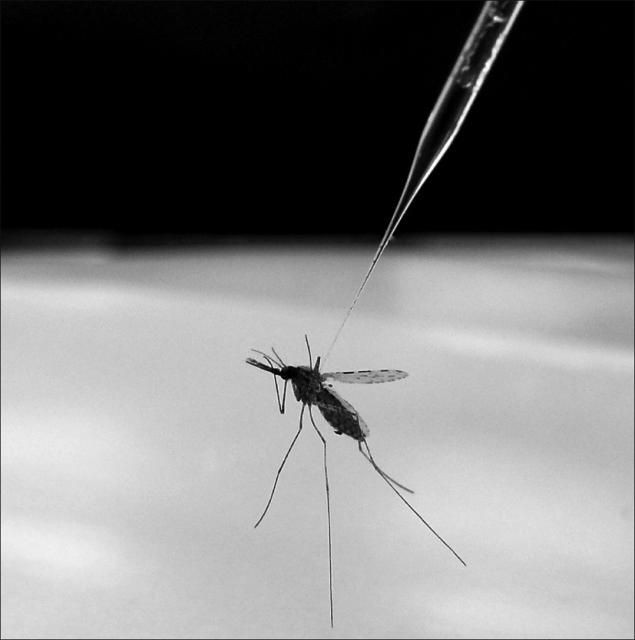Maryland Reports First Case Of Locally Acquired Malaria After 40 Years; Know All About The Disease

Malaria is a disease caused by a parasite spread through infected mosquito bites. It is a life-threatening infection commonly found in tropical countries, although occasionally seen in other areas.
"Malaria was once common in the United States, including in Maryland, but we have not seen a case in Maryland that was not related to travel in over 40 years. We are taking this very seriously and will work with local and federal health officials to investigate this case," Laura Herrera Scott, Maryland Department of Health secretary, said in a statement.
Here are the symptoms of malaria:
- Fever and chills
- Headache and discomfort
- Nausea and vomiting
- Diarrhea
- Fatigue
- Rapid heart rate
- Muscle pain
The symptoms usually appear within a week or two after a person gets infected with the parasite. In some rare cases, the incubation period can be more than a month or up to a year after the bite from the infected mosquito.
If the infection is not diagnosed and treated quickly, it can lead to complications such as severe anemia, hyperglycemia (low blood sugar), liver failure, jaundice, rupturing of the spleen, kidney failure and permanent brain damage.
Children under the age of five, pregnant women, travelers and people with weakened immune systems, such as a patient with HIV or AIDS, are at a higher risk of getting the infection.
In young children, malaria can cause complications that can lead to coma, convulsions and cognitive developmental damage. When a pregnant woman gets infected with malaria, it can raise the risk of premature birth, low birth weight, miscarriage, stillbirth and death of the mother.
Malaria is diagnosed with blood tests, which can also help in determining the severity of the condition.
The best strategy for preventing malaria is to avoid mosquito bites and take medicines such as chemoprophylaxis while traveling to areas prone to infection. The use of mosquito nets, repellents and protective clothing can reduce the risk of mosquito bites. The World Health Organization recommends the use of the malaria vaccine among children living in areas with moderate to high transmission of the disease.



























